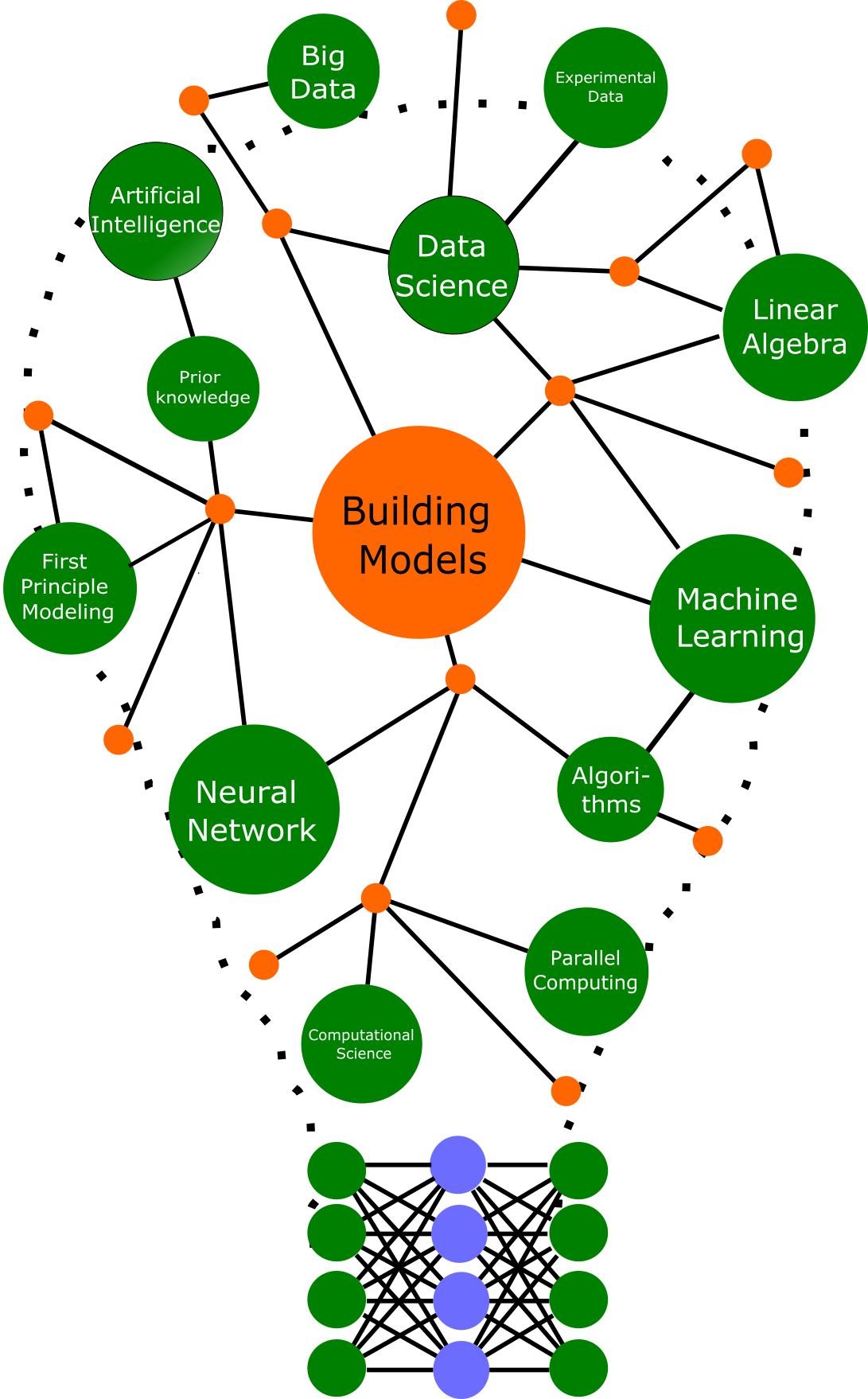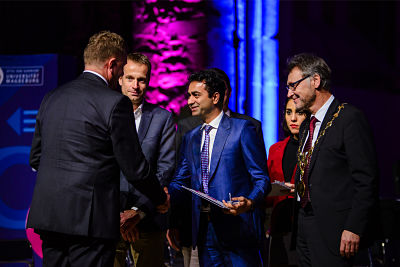About Him


Dr. Pawan Goyal recently joined appliedAI Initiative GmbH as senior AI engineer, where he focuses on integrating state-of-the-art AI technology into industrial applications. His current adventures center around generative AI for engineering design, a challenging and interdisciplinary field that combines computational science, AI for physics, scientific machine learning, and generative AI. This approach seeks to unlock new possibilities in designing complex engineering systems.
Prior to this, he led the Physics-Enhanced Machine Learning team at Max Planck Institute (MPI-DCTS), Magdeburg, Germany, under the supervision of Prof. Dr. Peter Benner. His team aimed to push the boundaries for surrogate modeling, incorportating physics into them, time-series modeling for dynamical systems. He earned his Ph.D. in computational mathematics from the same institute in 2018, where he developed innovative methods for constructing low-dimensional models of high-dimensional dynamical systems using system-theoretic approaches.
In recognition of his outstanding contributions, he was awarded the best Ph.D. thesis within the Faculty of Mathematics by the Otto von Guericke University Magdeburg, Germany, and GAMM also awarded him Dr. Klaus Körper prize for his excellent Ph.D. thesis in the field of Applied Mathematics and Mechanics.
He current is on generative AI and surrogate modeling to acceleate engineerring design process. He also carries expertise in applying machine learning techniques to dynamical systems, particularly on developing low-dimensional representations for high-fidelity dynamical models. Dynamical systems often exhibit inherent physical properties such as conservation laws, stability, and Hamiltonian structures. By embedding this a priori knowledge into neural networks, one can create AI-models that not only capture the essential dynamics of the system but also guarantee these key properties, leading to more robust and accurate results. His work also extends to identifying low-dimensional latent variables for optimization and control, using methods like autoencoders to ensure efficient and reliable engineering designs.
As a formal member of Max Planck research network on big data-driven material science (BiGmax), he explored how AI can revolutionize materials science. His research focuses on discovering interpretable governing equations for dynamic systems and developing surrogate models—such as U-Nets and Fourier operators—that respect physical laws to model stress fields in polycrystalline materials.